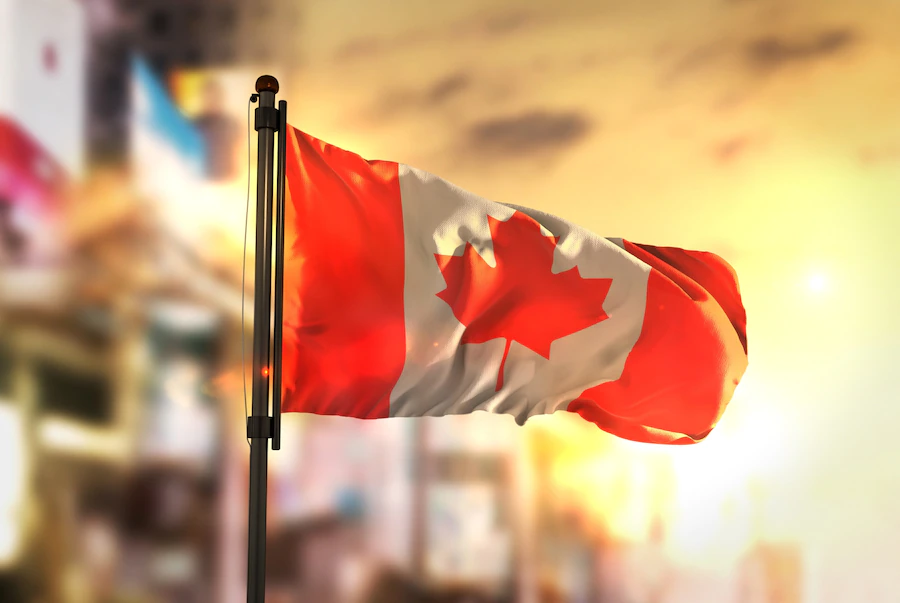To fulfill its commitment to waive application expenses for citizenship, the Canadian government needs extra time.
This information was disclosed in a recent in-depth interview with CIC News in Toronto by Immigration Minister Sean Fraser.
The Canadian government declared it would reduce expenses for new Canadian citizenship candidates just before the outbreak in late 2019. These preparations were put off by the pandemic, and in September, Canada had its federal elections. Justin Trudeau ordered his new immigration minister, Fraser, to carry out the pledge to waive citizenship expenses after the Liberal Party of Canada won its third straight election. Fraser's mandate letter, which covers his top immigration policy priorities, outlines this.
The minister said, "We don't have a date for you, and I feel it's important to be honest," in response to a question from CIC News about when this commitment may be put into action.
Get free Canada assessment form
The decision to waive citizenship expenses is not just a matter for our [Immigration Refugee and Citizenship Canada (IRCC)] authority to decide, according to the justification.
He clarified that although there has the legal right to do so, no choices have been made for the upcoming federal fiscal year.
Approximately 85% of permanent residents in Canada become citizens, making it one of the countries with the greatest rates of citizenship acquisition. Around 250,000 people annually became citizens prior to the pandemic. Some supporters, however, contended that the payments for Canadian citizenship erected obstacles in the way of low-income people actually becoming citizens. This explains why the federal government said that it intended to completely waive costs. It seems the government is hoping this program will be well-liked. According to a Liberal policy document from 2019, the government anticipated a 40% rise in Canadian citizenship applications by 2024.
Fraser noted that the need for IRCC workers to operate remotely and the unavailability of in-person citizenship ceremonies at the beginning of the epidemic are two reasons why the backlog in Canadian citizenship applications expanded dramatically during the pandemic. The citizenship inventory had 240,000 people in it in April 2020, but by October 2021, it had increased to 468,000 people. According to recent data, IRCC has been making headway as the backlog has been reduced to 395,000 people.
To become a citizen of Canada, a permanent resident must fulfill a number of requirements, such as physically being in the country for at least 1,095 days in the five years prior to submitting their citizenship application. First-generation children born overseas to Canadian parents are also eligible for citizenship in Canada by descent.
Fraser reaffirmed his commitment to carrying out the policy priorities stated in his mandate letter. "When we have data on that [waiving citizenship costs], we will promote it as broadly as we can so that individuals know what's in store and when it will genuinely produce results."






